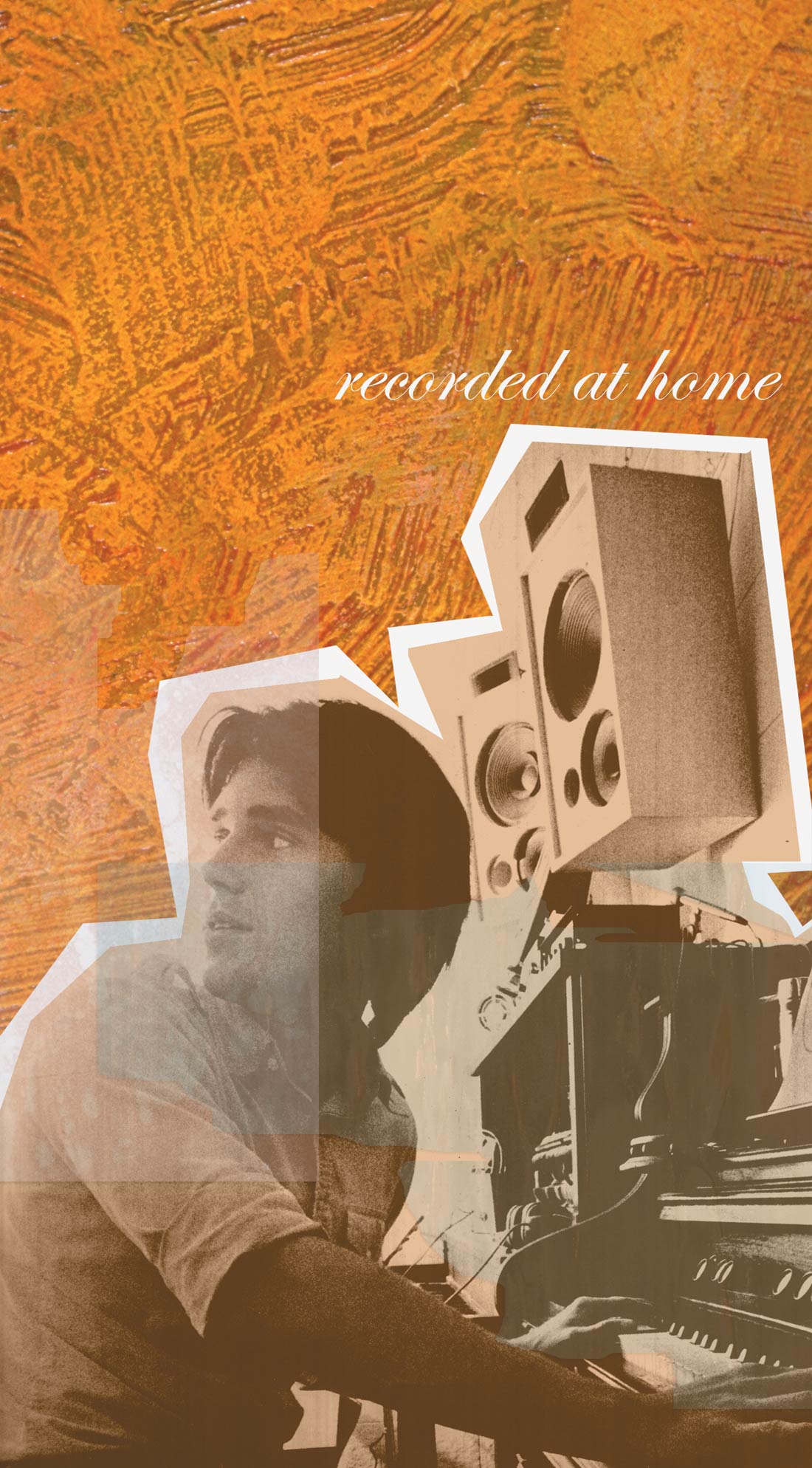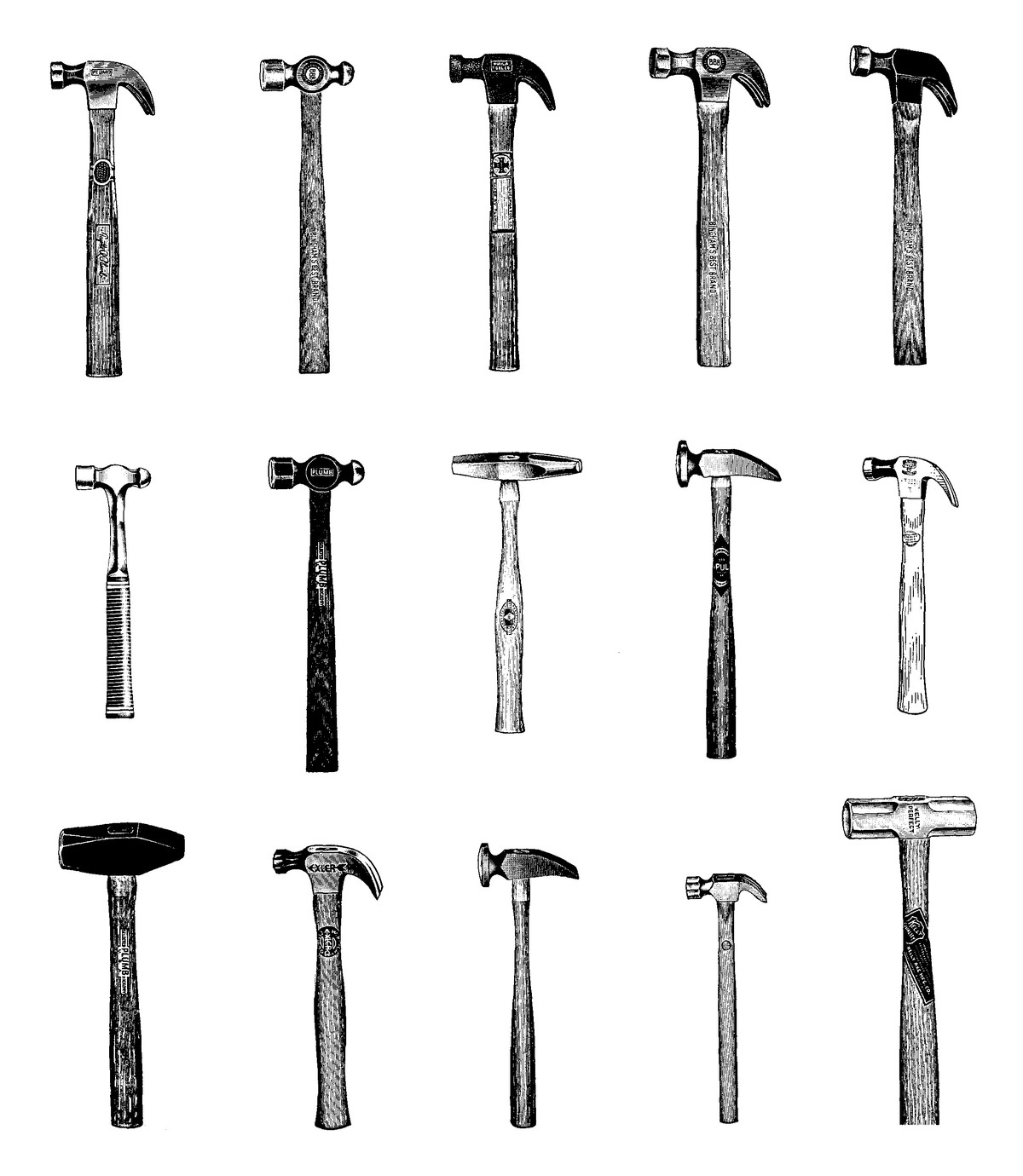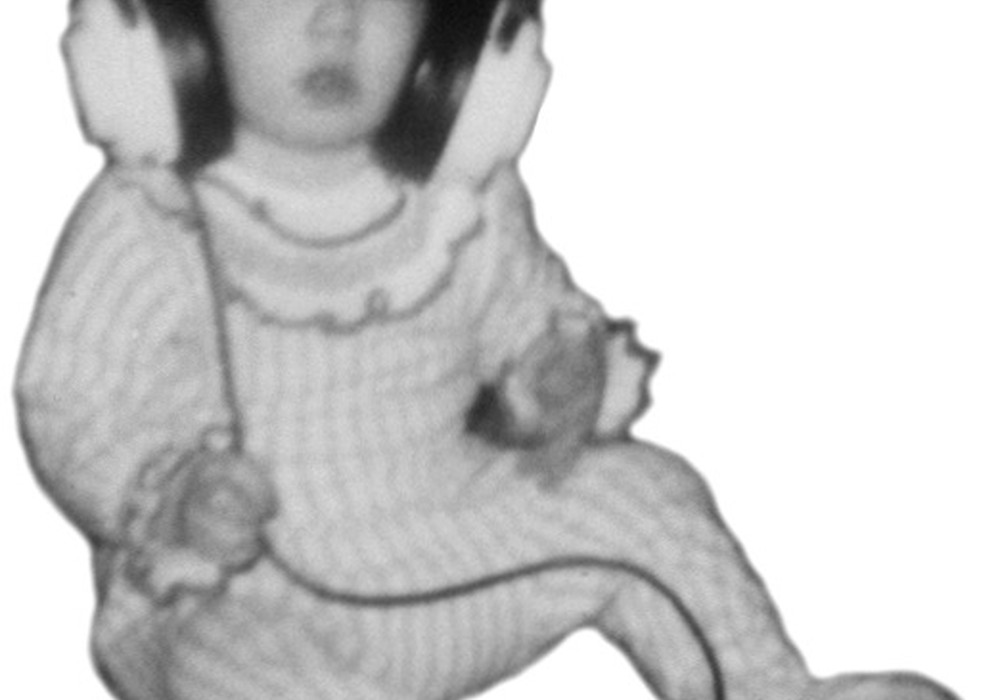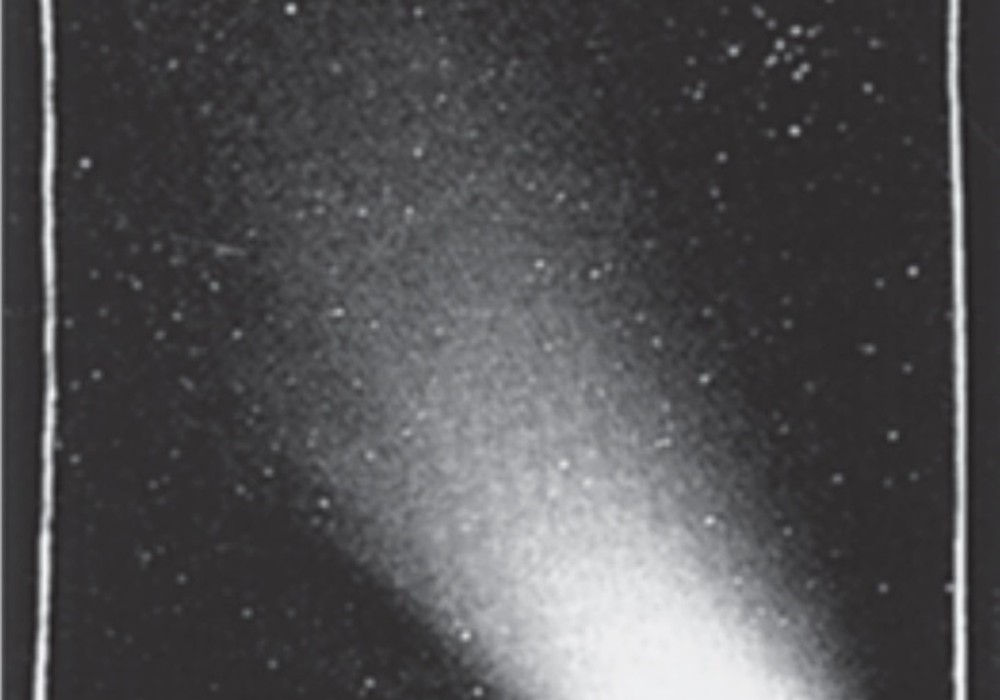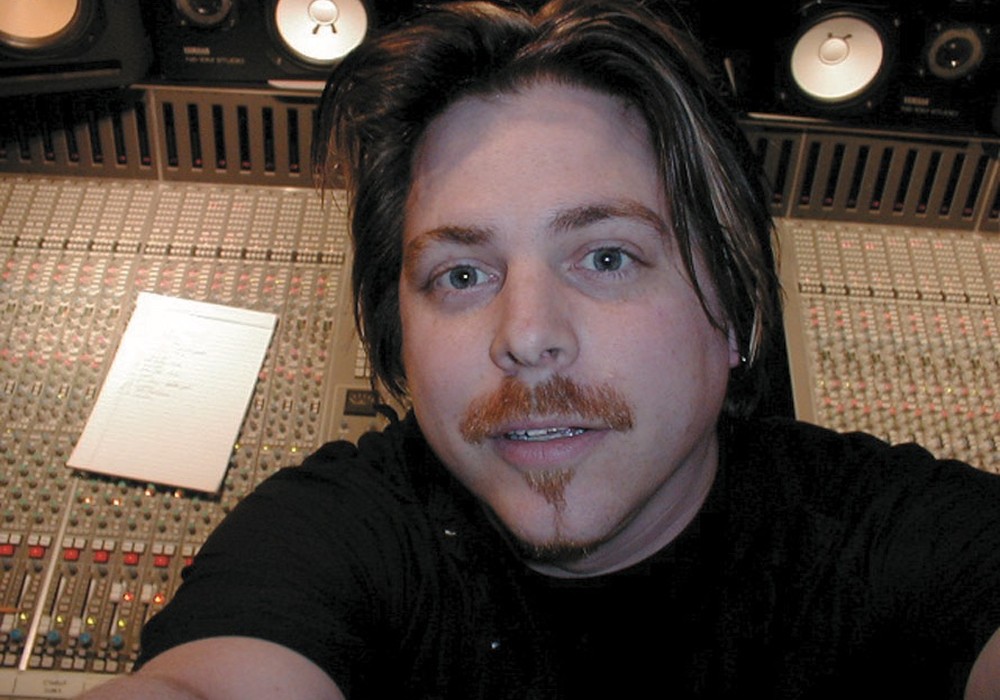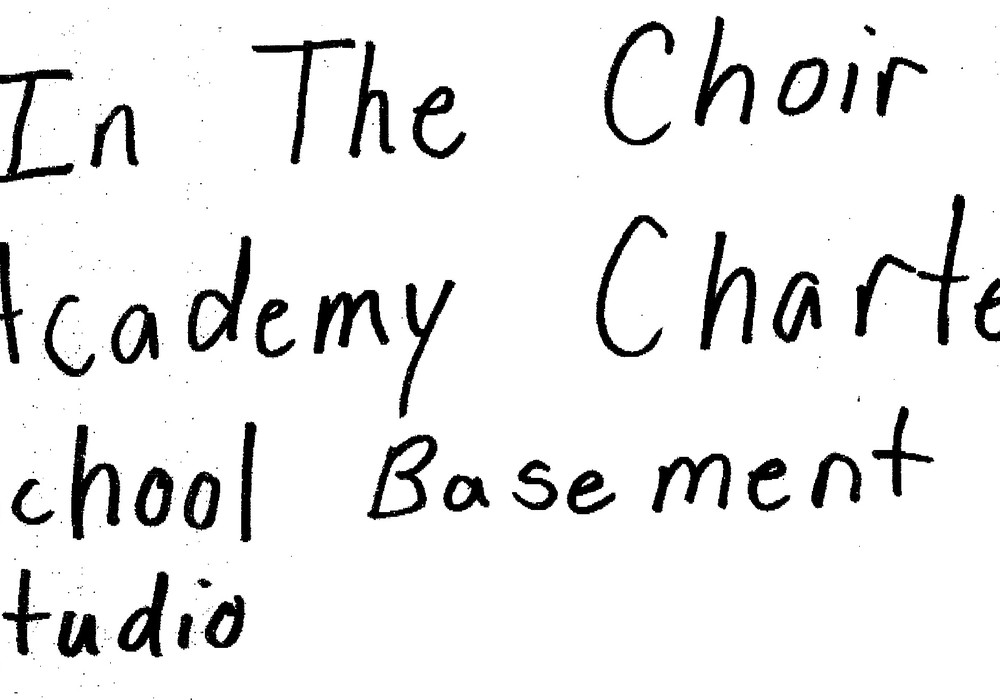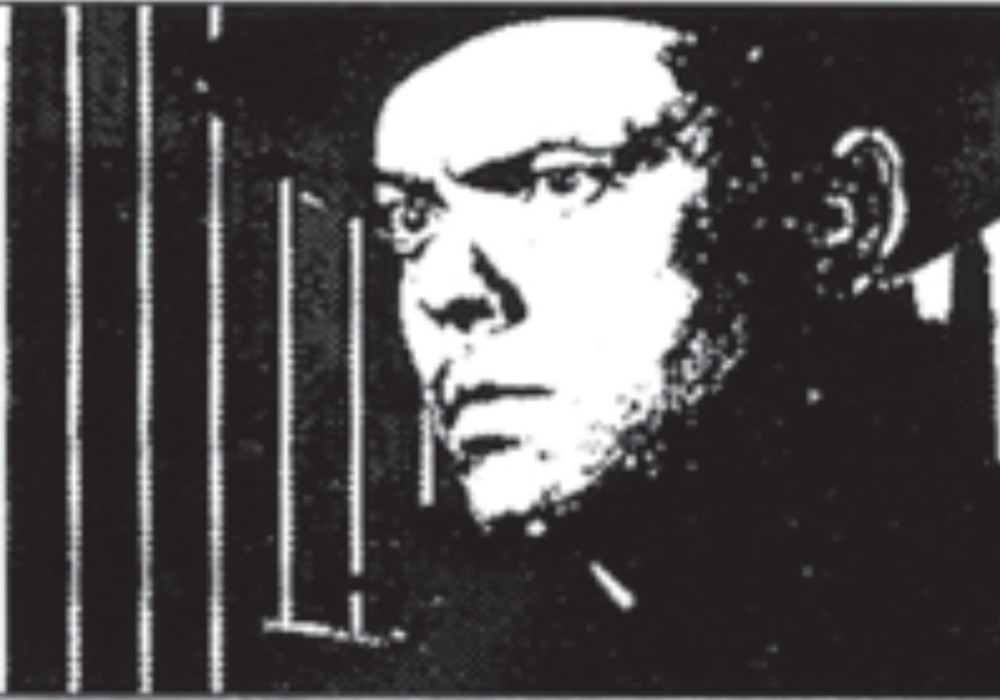A vital, cost-effective and often neglected step in attempting to put your music on tape is the concept of pre-production. Planning ahead can save money (and time) in the studio. Budget considerations, time schedules, artwork and duplication arrangements are some aspects that should be tackled, but one of the biggest problems I run into in the studio is bands who are laying down music and are unfamiliar with individual parts — guitar players hearing the bass part for the first time or the bass player finally understanding what the drummer is doing. This happens all the time. A crappy PA and practicing too loud certainly provide less than ideal circumstances, making it hard to hear and pay attention to what other band members are playing. But the song must come first — a stellar performance or pristine recording of a bad song does no one any service.
<<Here are a few ideas bands can use to make sure they're working with the strongest material possible:>>
Break the song down to the vocal and the main instrument, which usually is guitar or piano. A great song should exist. Is it musically boring? Where are the accents when you wrote the song? Where are the accents when you play it with the band? Why are they different? Is it lyrically interesting? Does it try too hard or not hard enough? Does the melody follow the guitar line? (That's bad if it's all the time but can be interesting sporadically). Are there large sections where nothing is happening? Is the song too long? Is there a hook? Don't be afraid to re-write or edit the song. I doubt every lyric was guided by divine inspiration.
As the song is played in this format, band mates should be open-minded in their listening. Often times people just project their part on what they hear and think their part works. This is where communication comes into play. Band mates need to be able to discuss the song, structure and individual song parts without putting others on the defensive. Telling a guitar player their part isn't any good is tricky business but necessary. I can't tell you how many times I've heard a musician say to the band, "But that's what I've always played." That doesn't mean it's the best part. Speak up.
Record the song at practice.
This can be just guitar and vocal, or can be the whole band. Format is not important but there needs to be some sort of clarity to hear individual parts. Boom boxes, 4-tracks and simple computer set ups are all cheap and adequate. Do you enjoy hearing the song played back? Are there holes where nothing is happening? Does it need a hook? Are the kick drum and bass guitar locked? Are the dynamics to the song apparent? What can you try differently? Is it better with effects or without? Is the snare sound annoying? With your gear, can you get the right guitar sound? Can the bass part be better? Is it too busy or too static? What other instruments might make the song better or more interesting?
Record one of your shows.
Are the dynamics and tempos the same as they were in practice? I doubt it. Which one is correct? Simply figuring tempos out before the studio can prevent disagreements, pointless takes and wasted money. Is the song played at the practice tempo or the live gig tempo and which one is correct? Most people find that when the dynamics get louder, they tend to play faster. Using a drum machine or metronome to set tempos can provide consistency from practice to stage to studio. It can also be enlightening. Is the song the same tempo as all your others? While listening to your finished record, variety in tempos will make it more interesting.
What are the weaknesses of the song? You know it's a good song but figuring out what's not good is as important. Compare your songs to others in a similar genre. What's different? What's better? What's worse? Maybe you'll blame the industry for promoting crap and ignoring your genius. Give up music and sell your gear to me — for cheap. Buy back the gear. Demo the song again with any changes.
These suggestions won't necessarily work for all genres or all songs so find what works best for you. The idea of all this is to gain a clearer understanding of the song, and maybe to even have in your head what the completed and recorded song should sound like.
